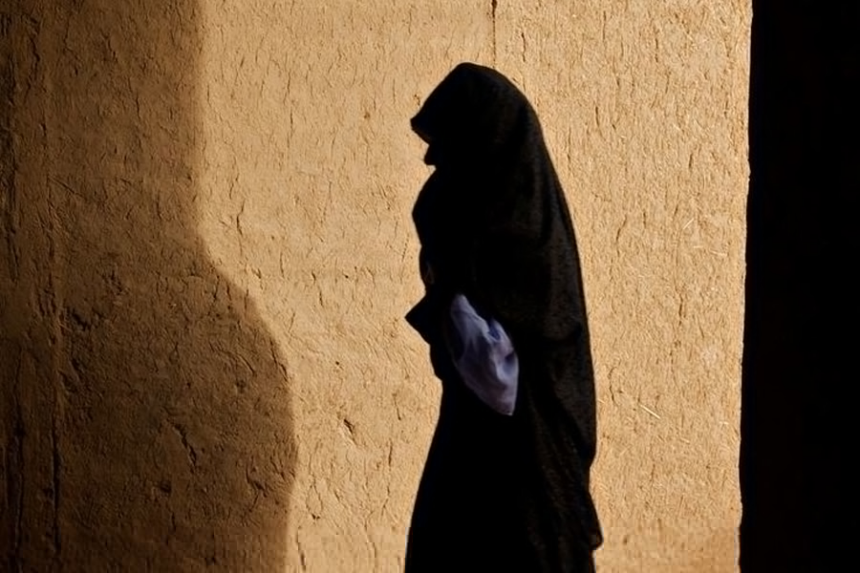RASC News Agency: Nearly three years into the Taliban’s authoritarian resurgence, a new report by the Afghanistan Analysts Network (AAN) reveals a stark and deeply troubling reality: Afghanistani women now face an almost total shutdown of legal avenues to escape abusive or unwanted marriages. Under a regime that has aggressively dismantled the rule of law and institutional safeguards for women, the concept of divorce has become an inaccessible privilege reserved solely for men. The report, titled “Women and Separation Under Taliban Rule: Divorce Doors Closed to Women,” was released on Sunday, May 4, and is based on testimonies from four Afghanistani women and five male lawyers. It paints a harrowing picture of a society in which women stripped of legal status, mobility, and voice are effectively held hostage within the institution of marriage.
According to the findings, while Afghanistani women have historically faced immense legal and cultural obstacles to divorce, those barriers have intensified to unprecedented levels since the Taliban’s return to power in August 2021. The group has systematically abolished pre-existing family laws that once allowed women to initiate legal separations, replacing them with a rigid interpretation of Hanafi jurisprudence that grants men unchecked authority over marital relationships. These regressive changes have obliterated even the most basic procedural protections. Divorce petitions from women are now routinely dismissed unless they can provide irrefutable evidence of severe physical harm proof that is rarely documented or recognized in Taliban-controlled courts. Even in cases of psychological abuse, forced marriage, or prolonged captivity, women find no institutional recourse.
One female interviewee described her situation as “a prison with no exit,” a sentiment echoed by legal professionals who say that the Taliban’s courts operate as patriarchal echo chambers. One lawyer interviewed remarked, “There is no justice for women here only control, silence, and subjugation.” The Taliban’s oppression of women extends well beyond the courtroom. Their regime has banned women from working in the judiciary, suspended legal aid programs that previously supported female litigants, and prohibited women from traveling without a male guardian effectively eliminating any chance of independent legal action. As a result, women not only lose access to justice, but also to their identity as autonomous legal beings.
In the broader context, the Taliban’s erosion of legal rights is part of a coordinated campaign of gender apartheid. From banning girls’ education and public employment to enforcing draconian dress codes and shuttering women’s rights organizations, the regime has worked methodically to erase women from Afghanistani public life. The legal erasure of the right to divorce is simply another brutal expression of this ideology. International human rights watchdogs have sounded the alarm. United Nations experts and women’s rights organizations warn that the denial of divorce rights is contributing to an epidemic of gender-based violence, depression, suicide, and chronic mental health crises among women trapped in abusive homes. Without access to justice or protection, many women are forced into dangerous escape attempts or endure decades of suffering in silence.
The Afghanistan Analysts Network concludes that the Taliban’s legal system is not merely dysfunctional it is structurally designed to disempower women. In the absence of international accountability or internal reform, the plight of Afghanistani women continues to deteriorate under a regime that views female autonomy as a threat to its theocratic control. What remains in Afghanistan today is not a system of justice, but one of systemic gender oppression where women are denied the right to leave, to speak, or to be heard.






